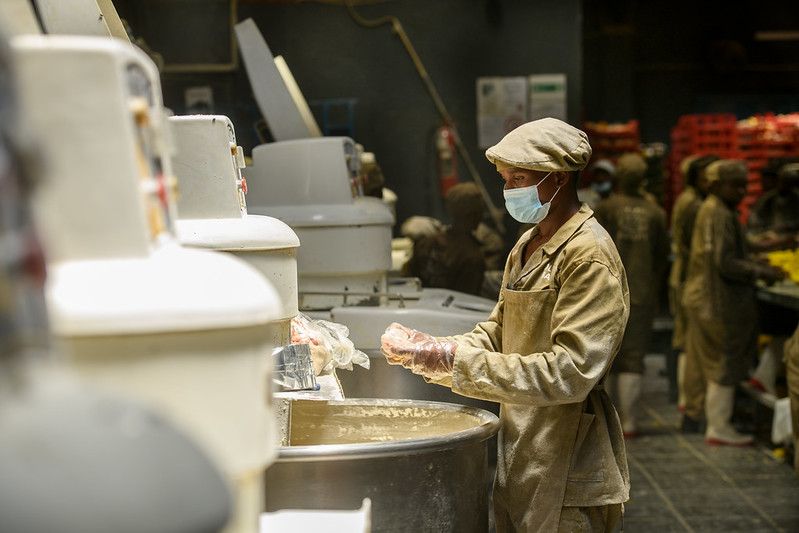Editor’s Note: Ousmane Badiane is the executive chairperson of AKADEMIYA2063, an African non-profit research organization, whose work focuses on supporting sustainable development across the continent. Any views expressed here are the author’s own and do not necessarily reflect those of the wider AFN and AgFunder teams.
To the casual observer, Africa’s agricultural development presents something of a paradox. Despite registering the fastest agricultural productivity growth rate than any region and more than doubling agricultural exports to the rest of the world over the last 20 years, the continent’s food imports are rising faster than ever.
The increasing import gap is often mistakenly interpreted as an indication of a failing agricultural sector. Yet over the last two decades, African countries have made considerable progress to increase agricultural production per capita; reduce hunger, malnutrition, and poverty; create new employment opportunities; and improve the livelihoods of large segments of populations.
The fact that the surge in imports happened during a period of historically strong agricultural performance means that it is driven more by demand-side than supply-side factors. A sustained economic recovery, higher incomes, and continued population growth have fueled demand, leading to even faster increases in food imports – particularly processed foods.
The same factors that are responsible for the surge in domestic food demand are also changing the nature of demand. Rapid urbanization in the context of rising incomes has created a growing urban middle class, fueling a rapid shift of demand away from unprocessed foods and toward processed, better-packaged, ready-to-cook, and ready-to-eat products. Currently, foods in processed form account for more than two-thirds of consumption; by 2040, processed foods are set to make up 73% of African diets.
The large import gap, therefore, constitutes a substantial reservoir of demand in domestic markets that can be tapped to support future growth, not just in the agricultural and rural sectors but in Africa’s broader economy. Processed foods, which dominate imports, already account for three-quarters of agricultural trade among African countries.
The rapid transformation of urban food value chains has fundamentally transformed the nature of market constraints faced by African smallholder farmers. Traditionally, the barriers were linked to the geographic distance between production areas and major consumption centers and required solutions that enabled produce to be moved more easily over time and across space.
In the current context, the market constraints faced by smallholders arise from the difference between the simple, raw produce they supply and the processed, more sophisticated products that consumers in major urban markets demand. Thus, the distance separating smallholders from new and growing domestic markets is no longer primarily physical but also, and increasingly so, one of degree of product sophistication.
At its core, this new environment raises the question of how to continue the unfinished business of commercializing smallholder agriculture. The development problem remains the same: how can smallholders be connected to new markets to raise sales and incomes and increase incentives to invest in boosting agricultural production and growth in rural areas?
The recently released Regional Strategic Analysis and Knowledge Support System (ReSAKSS) Annual Trends and Outlook Report (ATOR) argues that the agrifood processing sector has become the essential link connecting Africa’s smallholder farmers to growing urban markets.
In other words, today’s constraints to commercializing Africa’s smallholder agriculture are closely and inseparably linked to the constraints faced by the emerging agrifood processing sector. Lifting these constraints requires better access to finance, skills development, high-quality infrastructure, and technologies for African agrifood companies, in turn creating a growing, robust, and competitive processing sector to drive the future agriculture and rural development agenda in Africa.
The report concludes by highlighting the urgent need for better policies to boost the performance and competitiveness of the emerging processing sector which should be the key focus of future strategies for smallholder commercialization.
Image license here.





